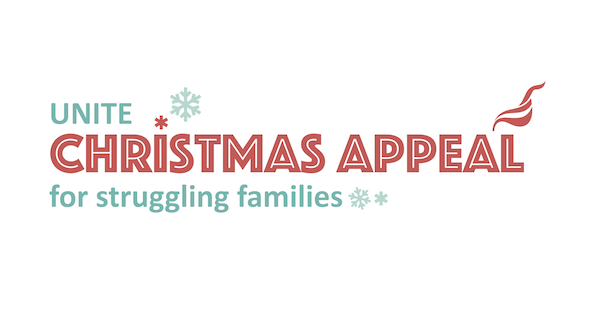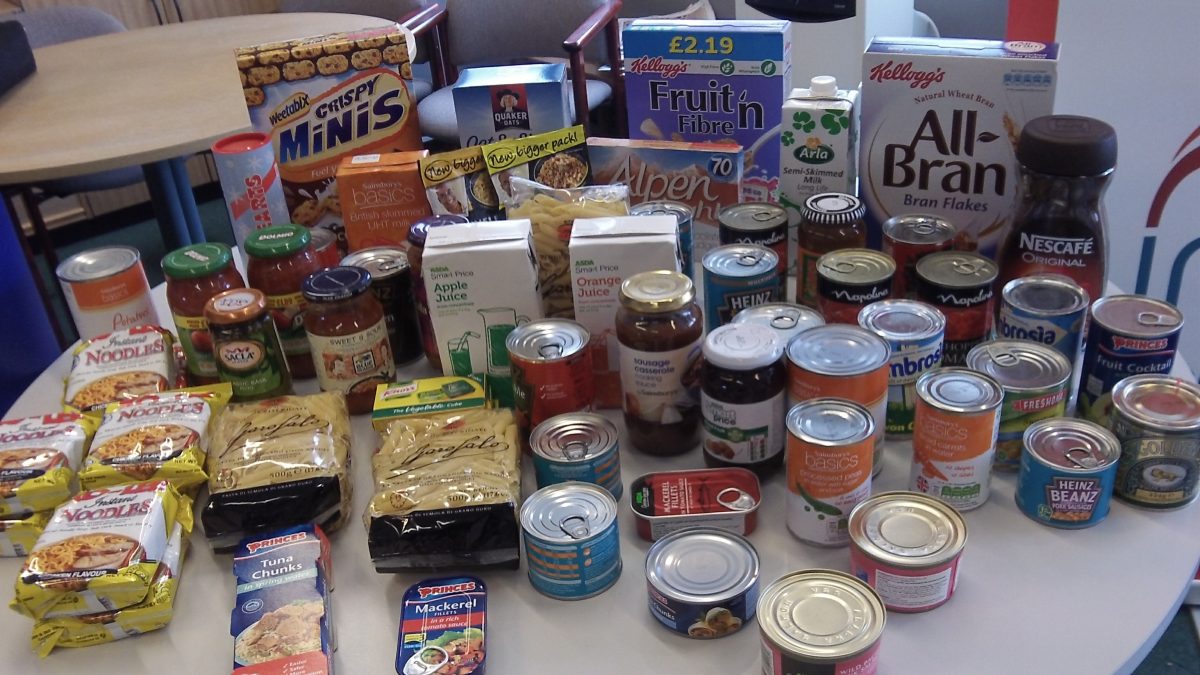‘Degraded and ashamed’
Five years ago foodbanks were not something that everyone would necessarily have heard of and a decade ago they barely existed in the UK.
Now there are over 1,000 foodbanks in the UK and in the last two years more than a million people used a foodbank.
Unite Community member Colin Hampton works at the Derbyshire unemployed workers centre – an advice centre for people who are unemployed, on a low income or sick, injured or disabled by their work.
“Most of the people who come through our door needing help have been sanctioned,” he said.
Staffed by Community members the centre has been there since the miners’ strike.
Justine, a welfare rights adviser tells me about a young mum who has just come to her for help but was too ashamed of her situation to speak to me directly.
“The young mum I have just spoken to was desperate,” Justine reported.
Desperate
The mother has a 12 year old daughter and now a nine week old baby. Her partner moved in with her before the new baby was born and they applied for employment support allowance (ESA) as he is too unwell to work.
“There were lots of delays with his ESA which started the problems,” she added.
Once the baby arrived the mum sent the birth certificate off to child benefit to inform them that she had a new child.
“When she tried to let child tax credits know that she had a new baby they said they needed a copy of the birth certificate to verify the parents before they could start any payments,” added Justine.
But the child benefit office has lost the only copy of the birth certificate. A new birth certificate costs £10 – which the mother simply can’t afford.
Justine has been working at the Derbyshire unemployed worker’s centre for six years – first as a volunteer and now as a paid employee.
“Our job is getting harder and harder,” she told UNITElive. “There is less and less we can do to help people,” she added.
The mother has exhausted family members to borrow from and broke down in tears as she spoke to Justine.
“She hasn’t been sleeping she is so worried how she will cope. Her 12 year old daughter is now on half-term and without her free school meal that’s another meal she has to try and find for her,” added Justine.
Suicide awareness
Justine has recently been on a suicide awareness course as part of the training for her job.
“It can be a rewarding job but it can also be emotionally draining and you can’t switch off when you go home. You worry constantly about the people you see each day,” she said.
All Justine could do for the woman today was contact the Chesterfield foodbank, which is run by The Trussell Trust.
“I spoke to Ian the project manager there and they have sorted her out with three days’ worth of food. She has no car so was on foot with a baby – so whatever they have given her she will need to be able to carry it home,” said Justine.
The mother has accessed what is called the Derbyshire Discretionary Fund three times already this year, which is the limit.
“The discretionary fund replaced crisis loans,” explains Justine.
“I can’t understand why they got rid of crisis loans though. It was money that would be paid back. If they were still in existence than this woman would be able to borrow money, buy a new copy of the baby’s birth certificate and end all the problems,” she added.
Ashamed
Justine explains how the woman feels so ashamed completely degraded by her situation
“I do my best to reassure people that they are here through no fault of their own,” she says.
“The shame is that organisations can leave you for weeks with no money.”
Ian Birchmore is the project manager at Trussell Trust’s Chesterfield foodbank where Justine referred the mother for help.
“Our policy is to never turn someone away but it is not just a case of giving out vouchers anymore,” he said.
“People need to be referred on to the correct agency to help solve the problem that is leading them to the foodbank in the first place,” he added.
If they were in debt because of a housing issue then they need to be referred on to housing action.
“The aim is always to have people lifted up out of the situation they’re in,” said Ian.
Ian explained that the foodbank will feed someone three times for three days but the fourth time they come to them they need to look at what is holding up solving their situation.
“We don’t want people dependent on the foodbank. We want people to be helped with a more long term solution,” he said.
Single men
But unlike what you might expect, the majority of people seen are single men who have been sanctioned or people whose benefits have been delayed.
“The first year we operated we had more people coming to us directly. Now people are referred mostly though refuges and children’s centres,” Ian said.
He adds that there are other food providers in the area. Churches donate food and some even give out cooked meals.
“While it’s fantastic that help exists for people struggling, people really shouldn’t be struggling like this in the first place. Our ambition is to close the foodbank.
“The situation is very bad at the moment though. A local union rep told me about low paid workers at Walton hospital living in their cars,” he added.
 Like
Like Follow
Follow


